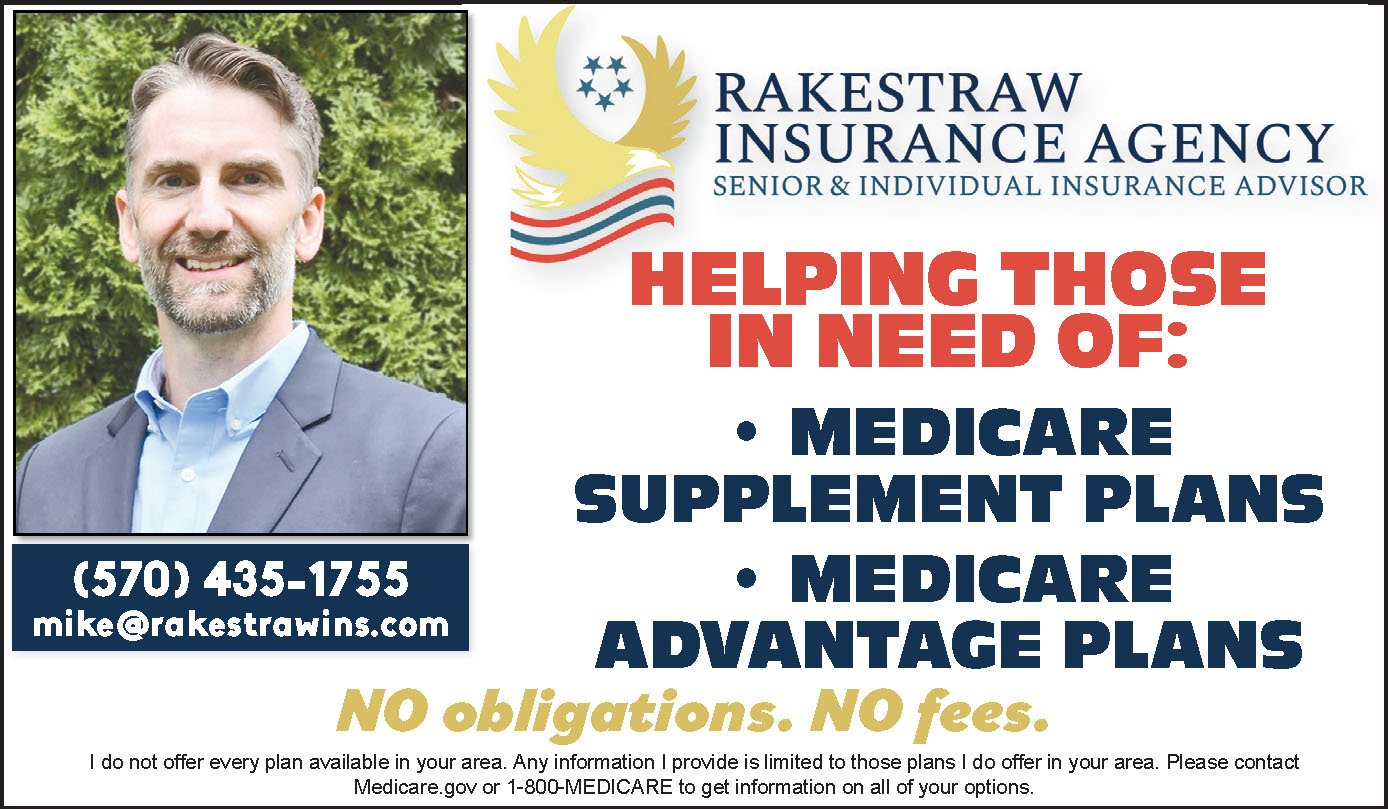Even children know to dial 911 in an emergency. But not every crisis is a 911 emergency — some require a helper rather than a healer. This is when it is best to dial 988.
In July 2020, the FCC adopted rules to establish 988 as the nationwide, easy-to-remember 3-digit dialing code for people in crisis to connect with suicide prevention and mental health crisis counselors. The 988 Suicide and Crisis Lifeline (formerly known as the National Suicide Prevention Lifeline) connects people to receiving support from trained crisis counselors 24 hours a day, seven days a week, anywhere in the United States.
Here is how it works. When you call 988, your call gets routed to a local Lifeline network crisis center, which currently there are 13 throughout the Commonwealth of Pennsylvania. The closest one to our area would be Centre Help in State College, PA. A trained crisis counselor will help you through the crisis and, if appropriate, connect you with resources in our community.
The need for this service has been coming for quite some time. Right now, suicides are the 12th leading cause of death in the USA overall, but sadly it is the second leading cause of death among young people. Males are almost four times more likely to commit suicide than females, and LGBTQ youth are four times more likely to seriously consider suicide, to make a plan for suicide, and to attempt suicide versus their peers.
In August 2020, during the COVID-19 pandemic, a survey conducted by the CDC found that 25.5 percent of people aged between 18 and 24 had seriously contemplated suicide within the last 30 days. In that year, 2020, an estimated 3.2 million people planned a suicide, 1.2 million attempted suicide, and there were 45,979 deaths by suicide. For as much fear as we have in our country over homicides, half of all suicides involve firearms, and there are almost twice as many deaths by suicide than by homicide.
To his credit, in 2019, Pennsylvania Governor Tom Wolf initiated a four-year strategy program to reduce suicide in Pennsylvania and fight the stigma associated with suicide, suicide attempts, and mental health issues so that Pennsylvanians in crisis could know their lives were valuable and help was available. Thus, our state is now at least initially prepared to link into the national 988 call system.
It will undoubtedly take some time for the general public to understand the difference between 911 and 988, but they are different.
For example, a 911 dispatcher is trained to provide de-escalating emotional support over the phone until the EMS personnel arrive, but in the case of a 988 call, the contact is the intervention. A 911 dispatcher does not have the capacity to connect to ongoing treatment, but the 988 counselor can offer referrals to local treatment providers.
Essentially the objective is different in that a 911 call is for public safety purposes, where the focus is on dispatching emergency medical services, fire, and police as needed. The 988 system is designed to offer someone suffering from an emotional upheaval to get past their current trauma enough to be referred to someone they can talk to, someone to come to them, or somewhere to go, as needed.
One other rather special feature about the 988 system is that veterans, active military, and their families can call 988 and press option 1. This directs them to counselors who are particularly trained for these individuals. Also, the phone service is available in English and Spanish, with translation services available in 250 additional languages.
It is a rare person who does not know someone who has committed suicide. It is one of the most painful experiences a family can go through. Anyone who seems like they are on the ledge looking down at a very deep black hole needs someone to help them step away from that ledge. Direct them to pick up their phone and dial 988. You might well be saving their life.



